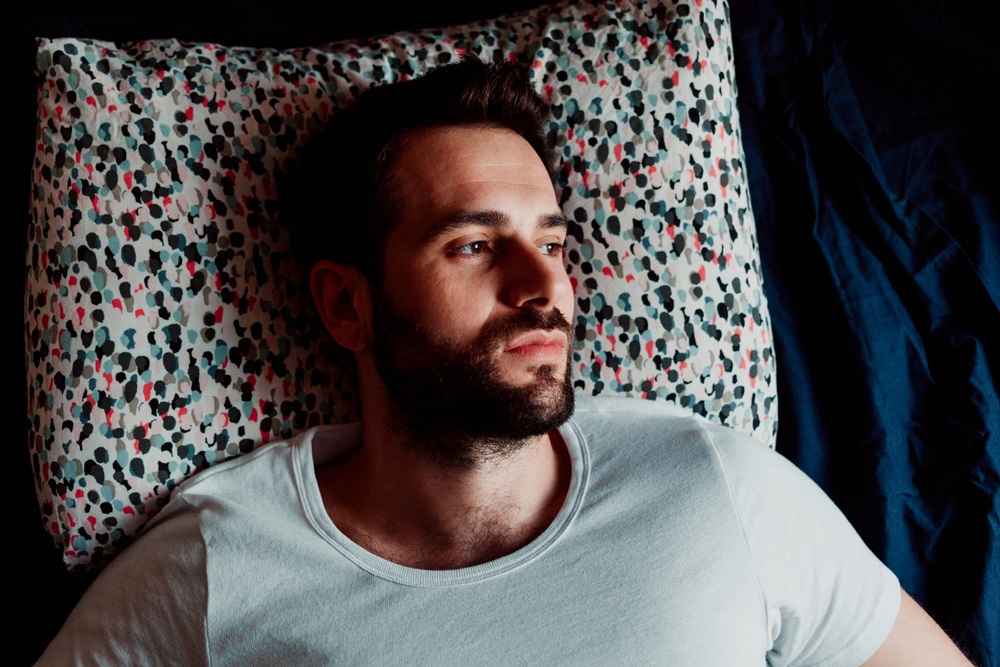Do you frequently use alcohol to temporarily escape feelings of sadness, stress or anxiety? It might provide a fleeting sense of relief, but many people don’t realize that alcohol can worsen depression in the long run. The morning after drinking often brings a surge of emotional heaviness – what some refer to as “hangxiety.”
If drinking only leaves you feeling more depressed, you must understand the connection between alcohol and mental health and recognize when dual-diagnosis treatment may be necessary.
How Alcohol Affects Mental Health
Alcohol is a depressant that alters your brain chemicals, affecting your mood, cognition and mental health. While it may initially create feelings of relaxation or euphoria, drinking ultimately disrupts the systems that regulate your emotional stability.
Alcohol lowers inhibitions, which may provide short-lived relief from sadness or social anxiety. It releases dopamine, creating short-lived feelings of happiness or reward. However, as the effects wear off, your brain will struggle to find balance, leading to feelings of fatigue, sadness or irritability.
The Long-Term Effects of Alcohol on Mood
Prolonged alcohol use exacerbates mental health conditions by:
- Lowering serotonin and norepinephrine levels, which are crucial for regulating mood.
- Increasing feelings of anxiety, sadness and irritability after the initial effects subside.
- Disrupting sleep patterns, leading to fatigue and emotional instability.
- Deepening feelings of isolation due to the nature of dependency and withdrawal.
Over time, regular drinking can perpetuate a vicious cycle where you drink to feel better, but end up feeling progressively worse.
The Connection Between Alcohol and Depression
Alcohol often becomes a form of self-medication for those already struggling with depression. However, this coping mechanism is misleading and harmful.
- Alcohol intensifies depressive symptoms: Even moderate drinking can amplify sadness, hopelessness and feelings of worthlessness.
- Alcohol impairs judgment: Poor decision-making can lead to risky behaviors, strained relationships and worsening mental health.
- Alcohol and suicidal ideation: Studies have shown that alcohol abuse can increase the risk of suicidal thoughts and behaviors, particularly for people with depression
- Chronic use leads to dependence: Over time, the reliance on alcohol for emotional relief can turn into dependency, creating a dual challenge of mental health struggles and substance abuse.
Signs It’s Time to Pursue Dual-Diagnosis Treatment
If alcohol makes you feel more depressed and you find yourself caught in a cycle of drinking to cope, it’s crucial to seek professional help. Dual-diagnosis treatment addresses both mental health and addiction simultaneously, ensuring a comprehensive approach to healing.
- Feeling depressed, anxious or emotionally unstable.
- Using alcohol to escape or numb your emotions.
- Experiencing withdrawal symptoms like irritability, insomnia or increased sadness when not drinking.
- Struggling with relationships, work or responsibilities due to drinking.
- Feeling hopeless or trapped in a cycle of alcohol use and depression.
- Having thoughts of self-harm or suicide after a bout of heavy drinking.
Making a Fresh Start
At Hope by the Sea, we specialize in treating people who have co-occurring mental health and addiction issues through dual-diagnosis treatment. Our compassionate, family-owned recovery center in California offers the safety and structure you need to heal.
Our specialized treatment tracks focus on:
- Identifying the root causes of depression and alcohol use.
- Teaching healthy coping mechanisms to replace drinking.
- Helping you rebuild emotional stability through therapies like cognitive-behavioral therapy, trauma-focused care and mindfulness practices.
- Providing a personalized treatment plan tailored to your unique needs.
We believe healing begins with addressing the whole person – mind, body, and spirit. Through our evidence-based treatment approach, you can regain control of your life and find long-term recovery.
If alcohol leaves you feeling more depressed, don’t struggle in silence. Contact us today to learn how our dual-diagnosis treatment program can help you heal and thrive.

